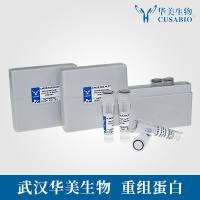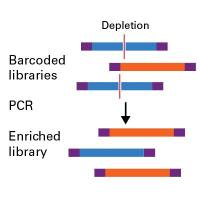Design of Smart Biocatalysts: Immobilization of Enzymes on Smart Polymers
互联网
642
Smart polymers are water-soluble polymers that can be precipitated by an appropriate stimulus such as change of pH, ionic strength, temperature, or addition of a chemical species. Such polymers occur naturally (e.g., alginate, chitosan) but can also be synthesized chemically (e.g., methyl methacrylate polymers available commercially as Eudragit™). Linking of an enzyme to these polymers by noncovalent or covalent methods gives a biocatalyst that can be used as a homogeneous catalyst but can be recovered for possible re-use (after the reaction) by applying appropriate stimulus. The illustrative protocol shows that xylanase could be adsorbed on Eudragit L-100 and this reversibly soluble-insoluble biocatalyst could be used for hydrolysis of xylan. Interestingly, the adsorption removed cellulase impurity. This is useful for paper pulp bleaching because xylanase should be free of cellulase activity. The soluble Eudragit-xylanase conjugate could be studied by circular dichroism spectroscopy to examine conformational changes in enzymes on immobilization on Eudragit L-100.









